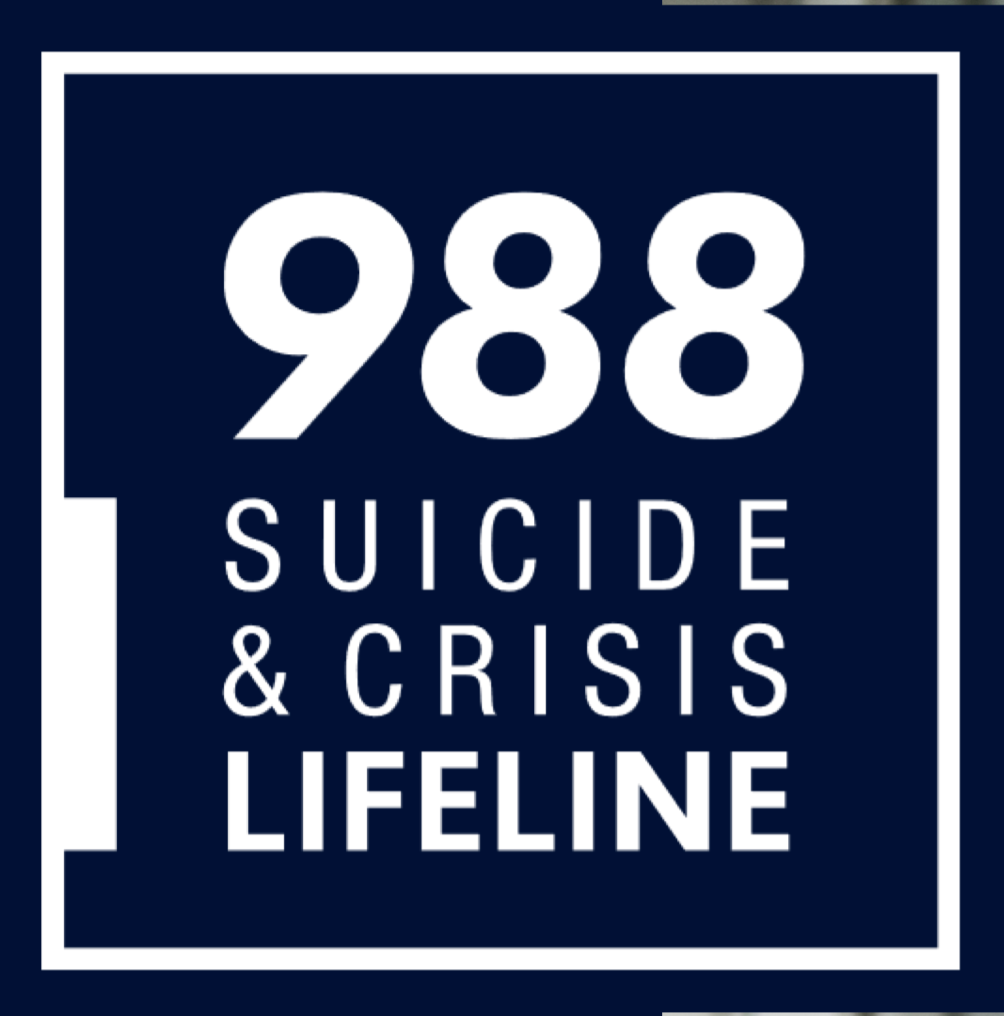Select Suicide Prevention Recommendations
The Tennessee Department of Health's Division of Family Health and Wellness publishes an annual report on suicide prevention in Tennessee. The report includes a summary of current recommendations for public and private entities, concepts and projects that will support a comprehensive and collaborative statewide mental health, suicide prevention, and crisis intervention.
State and Community Agencies
- Increase access to adequate mental health care for all Tennesseans.
- Spread awareness of suicide and encourage help-seeking behavior.
- Support the widespread use of standardized behavioral health assessment protocols and tools.
- Strengthen the crisis response infrastructure within Tennessee.
- Support suicide prevention programs and trainings promoting connectedness and resiliency.
- Disseminate data to assist agencies and organizations implement evidence-based suicide prevention programs.
Clinics and Hospital Systems
- Maintain “suicide safe” facilities.
- Provide information and counseling on access to lethal means for suicide risk assessment protocols.
- Continue to report into the Electronic Surveillance System for the Early Notification of Community-Based Epidemics (ESSENCE) database.
Healthcare Providers
- Disseminate educational materials to patients on the signs of suicide, including how to reach out for help if they or someone they know is in
- crisis.
- Encourage primary care and pediatric providers to utilize screening tools such as the Columbia-Suicide Severity Rating Scale to screen all patients for risk of suicide and refer those at risk to mental health services.
Public Safety and Emergency Response Agencies
- Expand crisis intervention training and implement a standardized crisis response protocol across the entire state.
- Promote partnerships between behavioral healthcare facilities, local law agencies to expand the Crisis Assessment and Response to Emergencies Program.
- Create safe, protective, and supportive work environments for all employees within law enforcement agencies, fire departments and EMS.
Educational Institutions
- Provide training opportunities for mental health and suicide prevention to students, teachers, school support staff, and other adults that interact with children and youth.
- Implement peer-to-peer programs such as Sources of Strength and Hope Squads in middle and high schools.
- Incorporate a protocol for responding to ESSENCE alerts into the school suicide prevention response plan.
Individuals, Families, and Friends
- Raise awareness of the risk factors for suicide, how to reach out for help, and appropriately refer a person at-risk for suicide to crisis lifelines.
- Provide opportunities to complete suicide prevention gatekeeper trainings.
- Reduce access to lethal means within the home by safely storing firearms and prescription medications.


